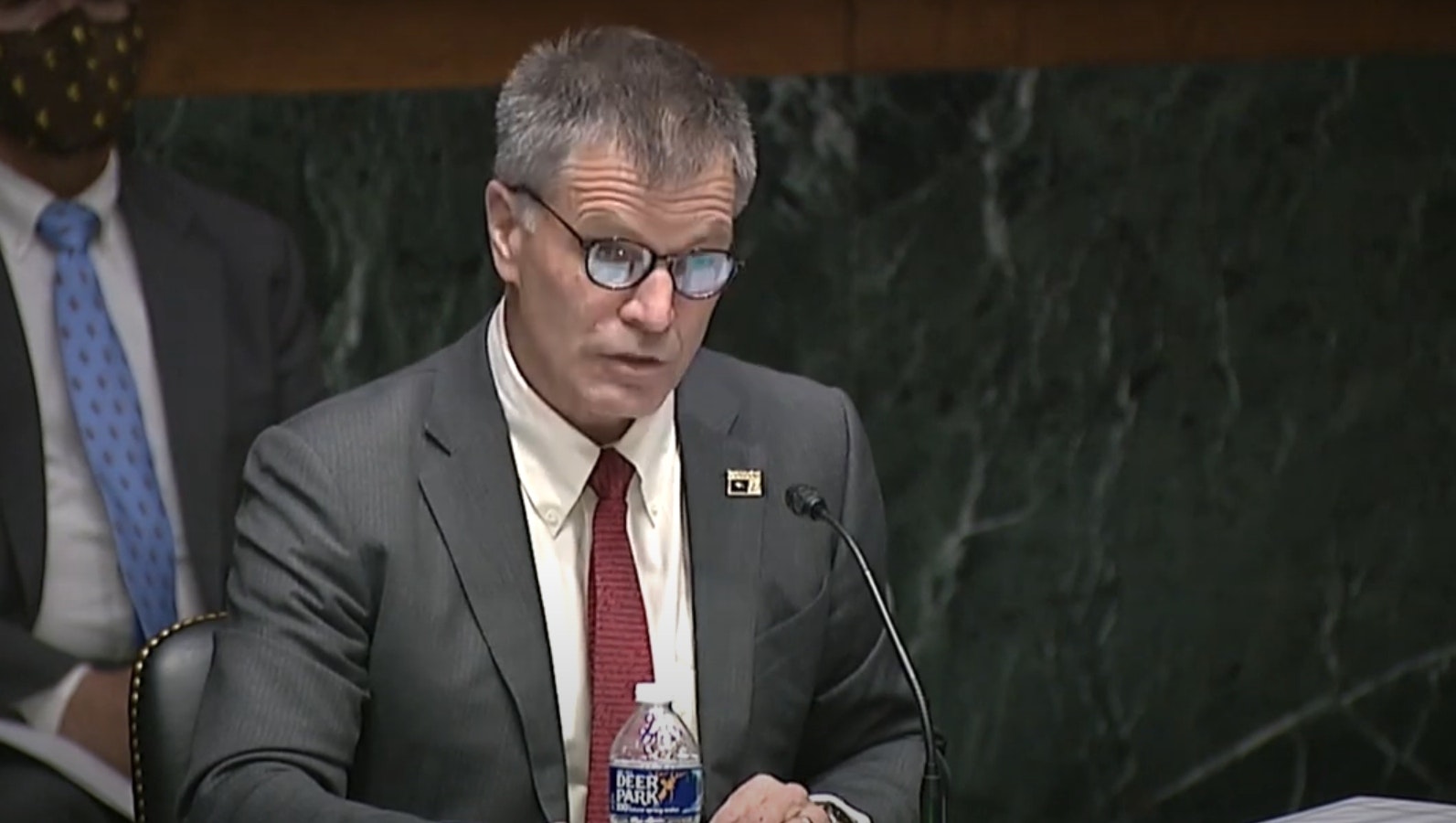Gov. Mark Gordon and U.S. Sen. John Barrasso joined forces in Washington, D.C., on Wednesday to call for work to update and modernize the federal Endangered Species Act.
Gordon testified during a hearing of the U.S. Senate Committee on Environment and Public Works on Wednesday. He expressed strong support for allowing states and tribes to continue to expand their work on conserving imperiled species.
He pointed to some significant improvements proposed in the Endangered Species Acts Amendments of 2020, which would elevate the role of state wildlife agencies in species management, allow impacted states the opportunity to help develop recovery plans and delay judicial review of delisting rules during the post-delisting monitoring period.
He also emphasized the damaging impact excessive litigation has had on those efforts.
“These lawsuits, and the associated investment of money, time and energy, detract from species recovery and conservation and divert important resources away from species that truly need help,” he said. “The states have proven time and time again they are committed to and capable of managing wildlife within their borders. They should be given the chance to do so for delisted species without the threat of endless and costly lawsuits that in the end do not benefit the species in question.”
Gordon pointed specifically to the staggering costs of managing wildlife through litigation and stressed his belief that prohibiting judicial review during post-delisting monitoring will not be harmful to species conservation.
“The largest barrier to returning the management of fully-recovered species to the states and tribes is litigation,” Gordon said. “These suits, and the associated investment of money, time and energy, detract from species recovery and conservation and divert important resources away from species that truly need help.
Private landowners also need to be recognized for their contributions to the conservation of wildlife, Gordon said.
“Private landowners, ranchers and farmers across our nation have made amazing contributions to wildlife conservation and should be recognized,” Gordon told the committee. “In my state, farmers and ranchers have demonstrated their commitment to wildlife as the ultimate conservationists.”
During his testimony, Gordon outlined Wyoming’s leadership on efforts to protect several species, including the grizzly bear, gray wolves, black-footed ferrets and the greater sage-grouse.
He noted that Wyoming’s core area strategy to conserve greater sage-grouse populations was copied by other states and has been effective at preventing listing of the species as endangered, allowing multiple-use activities to continue in those areas.





